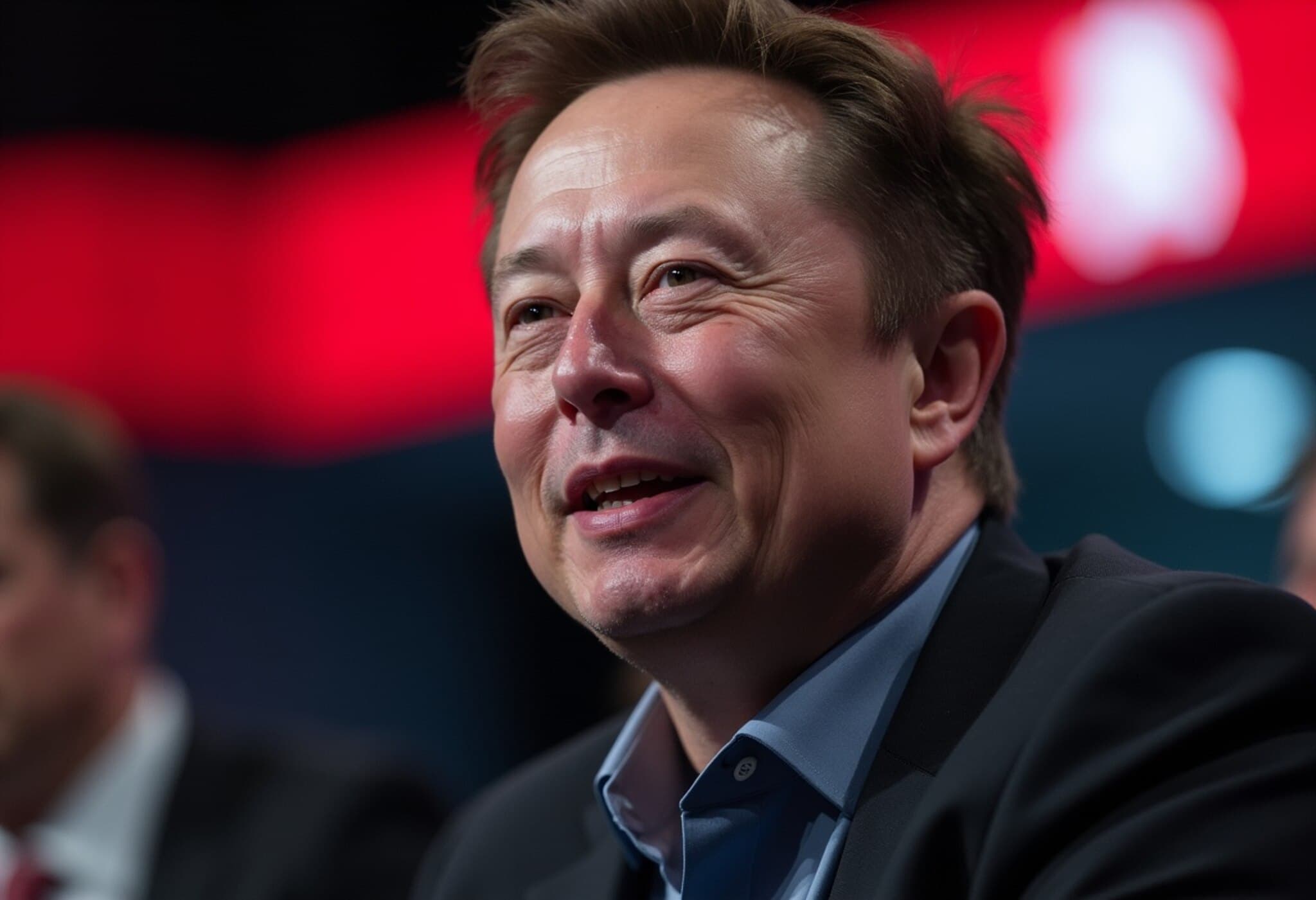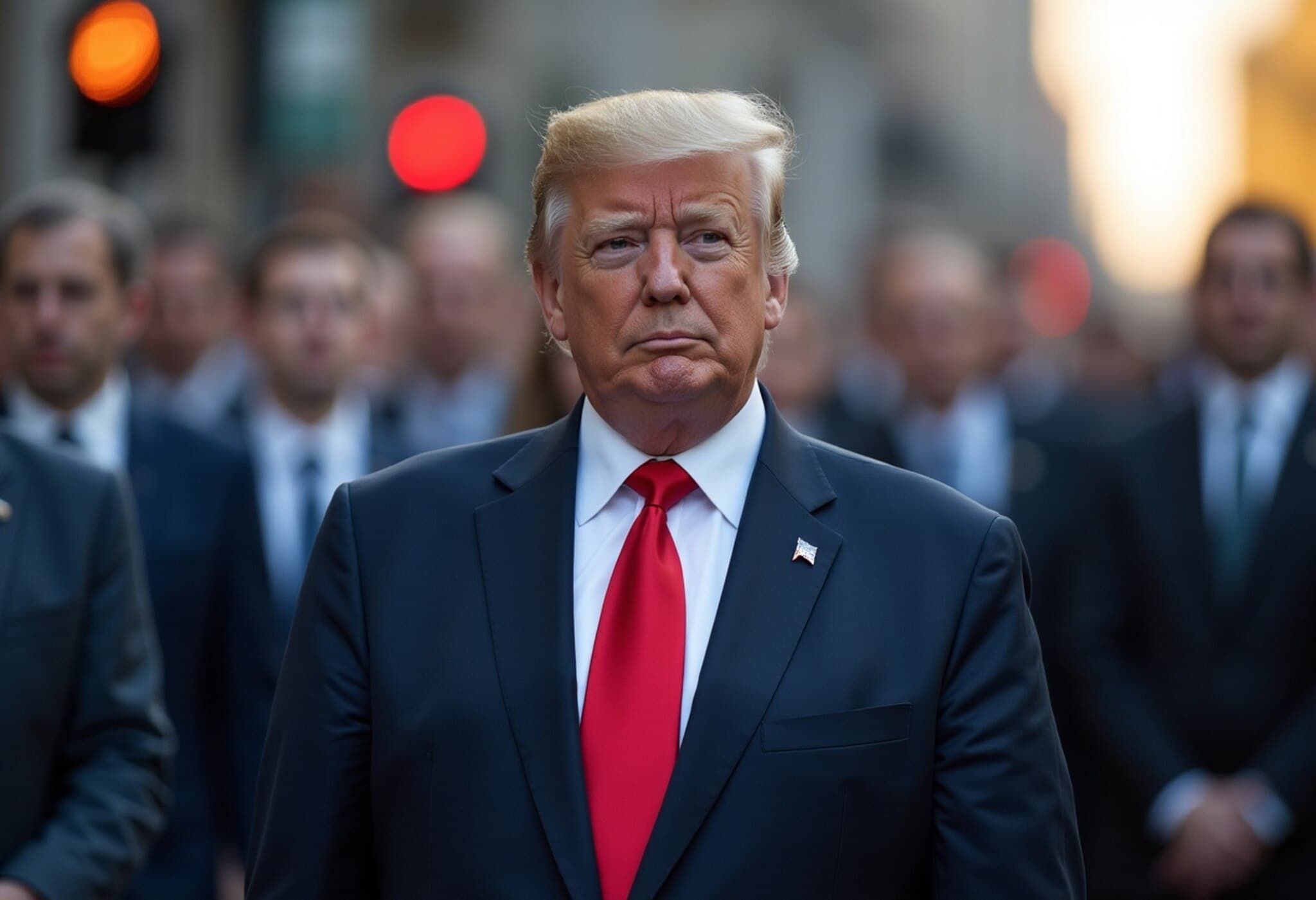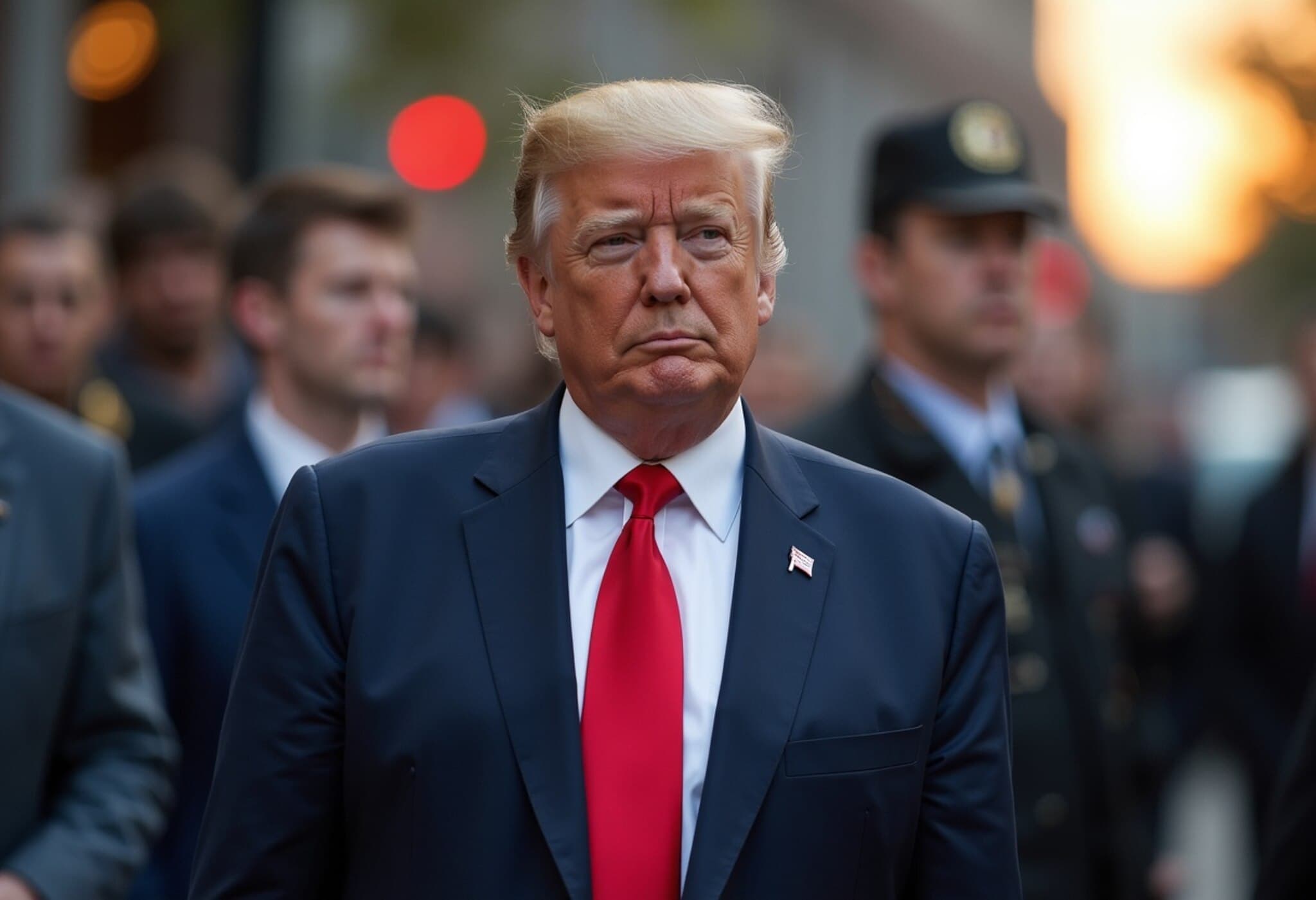European Companies Embrace Defense Boom Amid EU’s Historic Security Spending
In a transformative shift across multiple industries, European companies—from telecommunications giants to autonomous vehicle innovators—are recalibrating their strategies to capitalize on a rapidly expanding defense sector. This surge is propelled by unprecedented commitments from the European Union, NATO, and key member states to boost military budgets and fortify regional security.
The Catalyst: Europe’s New "Era of Rearmament"
Earlier this week, the European Commission proposed an ambitious €2 trillion budget encompassing a significant increase in defense allocations. This builds upon previous plans to mobilize up to €800 billion ($928 billion) aimed at elevating national security across member states. Dubbed Europe’s “era of rearmament,” this momentum signals a strategic pivot in response to geopolitical tensions and emerging security challenges.
The impact on markets has been palpable: the Stoxx Aerospace and Defense Index soared by more than 50% since early 2025, with investor confidence reflecting anticipation of robust growth for defense-related firms headquartered in Europe.
Industry Players Innovate to Meet Defense Demands
- Orange Business: The French telecom titan recently launched its specialized Defense and Security Division (DD & S), consolidating hundreds of experts working on hybrid civilian-military networks, sensitive data hosting, emergency communication systems, and cybersecurity. Nassima Auvray, heading this new division with extensive experience in defense procurement and French Ministry of Defense, highlighted how the integration of AI, sovereign cloud hosting, and digital connectivity positions Orange to tap into burgeoning NATO and EU defense budgets.
- Einride: Swedish pioneers of autonomous electric trucks are expanding their technology footprint into defense. Their AI-driven, driverless vehicles are now being adapted to mitigate risks in hazardous environments, an invaluable asset for military logistics and operations. While specifics remain under confidentiality, Einride is confident that its expertise in autonomous freight can serve evolving defense needs.
- Fincantieri: Italy’s renowned cruise ship and mega-yacht builder secured a €700 million contract to build multipurpose combat ships for the Italian Navy, partnering with defense heavyweight Leonardo. CEO Pierroberto Folgiero affirmed the company’s commitment to growing its defense portfolio, noting the increased demand for naval assets worldwide as NATO sets new spending targets of 5% GDP for member states.
- VRAI Simulation: Dublin-based developer of virtual reality training platforms is leveraging Ireland’s unique position. Despite Ireland’s traditionally small defense budget and non-NATO status, CEO Pat O’Connor views the nation’s tech-forward economy and deep talent pool as fertile ground to leapfrog legacy defense industries and lead in dual-use technology.
Broader Implications: Europe’s Strategic and Economic Reawakening
Europe’s defense spending surge is more than a regional security upgrade—it’s a clarion call for innovation-driven growth. The integration of civilian technologies like AI, quantum computing, and cyber defense with traditional military infrastructure points to a new paradigm where defense and tech industries increasingly overlap.
Moreover, this shift is generating noteworthy ripple effects in the investment community. Deutsche Bank’s CEO Christian Sewing acknowledged the bank’s recalibrated focus toward defense after years of underinvestment. Similarly, Temasek’s CIO Rohit Sipahimalani emphasized the flood of capital directed at European defense opportunities, underscoring confidence in the sector’s long-term potential.
Critical Questions and Future Outlook
- How will Europe balance rapid defense expansion with transparent governance and public accountability?
- Will this surge catalyze greater transatlantic collaboration, or foster competitive national defense strategies within the EU?
- Can emerging tech hubs like Ireland become key players in a traditionally legacy-heavy defense ecosystem?
- What roles will AI and autonomous systems play in reshaping military tactics and ethical considerations?
As these dynamics unfold, Europe stands at an inflection point where economic opportunity and geopolitical necessity converge, inviting a reevaluation of security, innovation, and cooperation.
Editor’s Note
The sweeping defense escalation across Europe is a clarion signal of shifting geopolitical realities and an economic renaissance within the security sector. While the promise of innovation-driven resilience is enticing, stakeholders must scrutinize how this rapid expansion aligns with democratic oversight, ethical standards, and sustainable development.
Investors, policy makers, and citizens alike should watch closely: the evolving European defense landscape offers not only avenues for financial growth but also questions about the balance between military preparedness and civil liberties in an increasingly complex world.



















